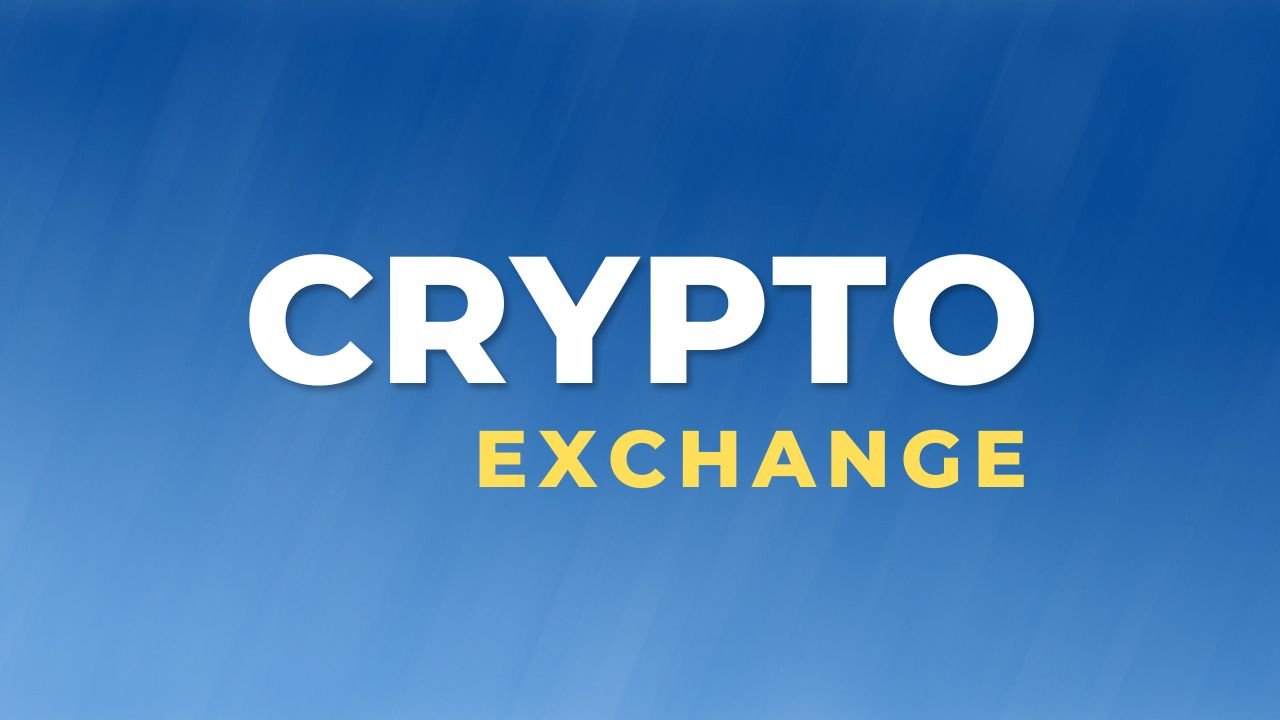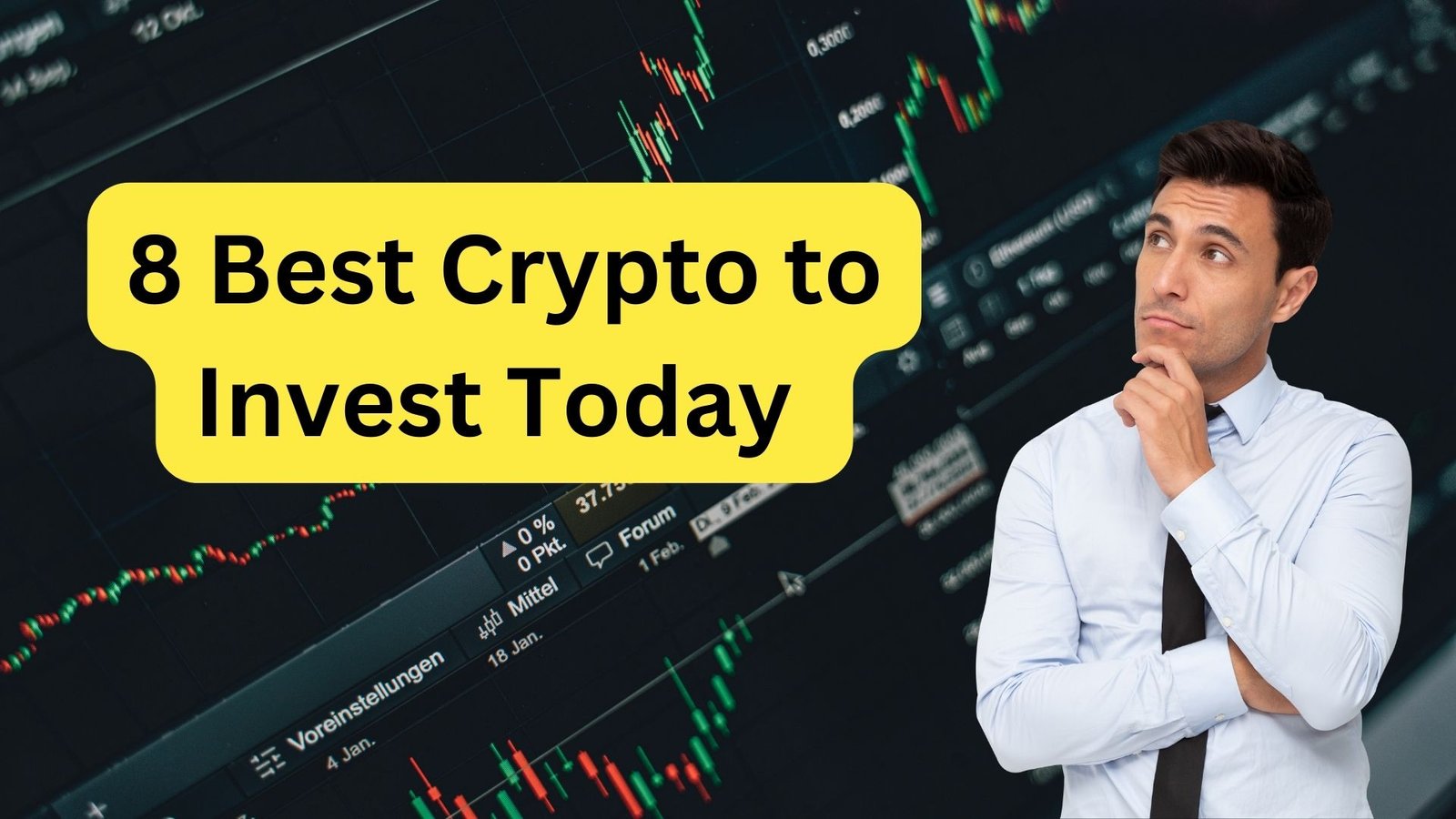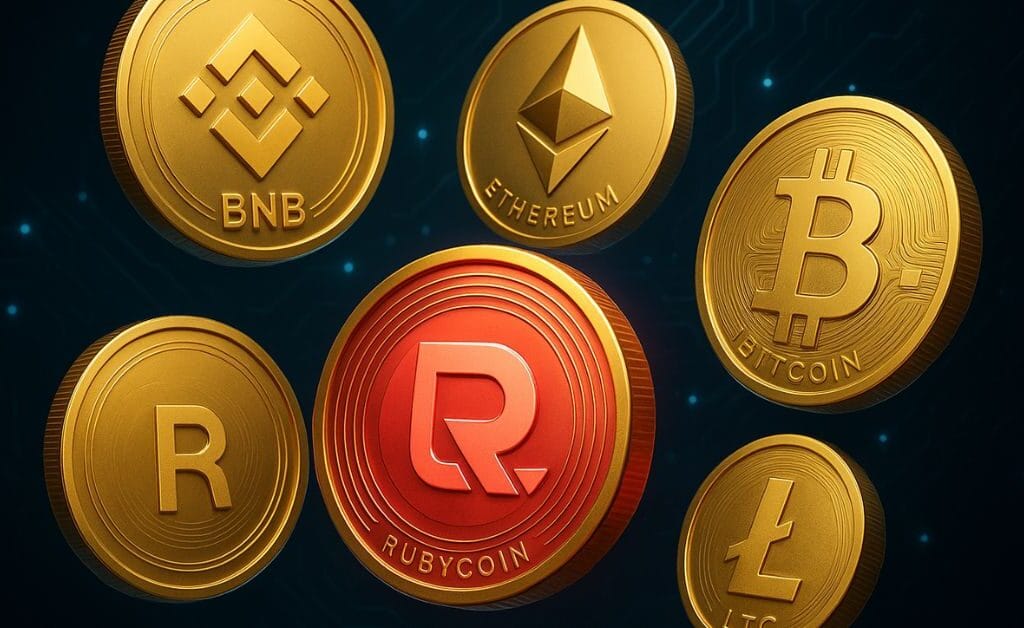In this article, we’ll discuss which Best Cryptocurrency Apps and Exchanges are safe and worth using. I’ll share information about ten of the best exchanges and provide tips to help you make informed choices. It’s crucial to be cautious, even with seemingly secure exchanges, as recent events have shown that your crypto may not be entirely safe if you don’t control the keys.
We’ll evaluate each exchange based on themes like solvency, security, coin support, fees, and additional features. Keep in mind that the list is not exhaustive, and there may be other exchanges to consider. We’ll present the information without ranking the exchanges in any particular order. Now, let’s get started.
Best Cryptocurrency Apps and Exchanges
1- CTSKOLA: Easy for beginners to use with a simple buying process. A one-stop shop for spot trading and storing crypto. High cybersecurity ratings.
2- Gemini: Simple, easy-to-use interface. A wealth of educational materials on cryptocurrency. Strong security measures, including an integrated hot wallet.
3- Coinbase: Easy for beginners to use with a simple buying process. Users like it and it’s secure. You can buy popular cryptocurrencies like Bitcoin, Ethereum, and Cardano.
4- Binance: A one-stop shop for spot trading and storing crypto. High cybersecurity ratings. Offers users a wide range of educational material on crypto.
5- Wazirx: Several types of customer service are available, from chatbot to phone support. Bitcoin withdrawal fees are relatively low.
We carefully looked at what about 10 different places where you can buy and sell cryptocurrencies have to offer. We also checked the fees they charge for trading. The fees we mention are for the smallest amount you can trade and for the simplest version of their platform.
We looked at 10 important things to judge how good each trading platform is:
- Basic Trading Features: This includes the number of cryptocurrencies you can trade, accepted fiat currencies, overall liquidity, and trading fees.
- Advanced Trading Features: We checked if the platform offers advanced features like special order types and discounts for frequent traders.
- Margin Trading: We assessed the rates for margin trading if the platform offers it.
- Platform Availability: Some crypto exchanges are available everywhere, while others may have different features accessible in various countries or U.S. states.
- Customer Service: We considered the types of customer support available.
- Educational Resources: We looked at the educational content provided by each platform.
- Crypto Rewards Credit Card: A few platforms provide credit cards with crypto rewards.
- Security and Storage: We examined storage options, security measures, and insurance availability, and checked for any history of major hacks.
- Staking and Rewards: Some platforms allow users to stake certain cryptocurrencies and earn interest.
- Crypto Lending: Certain crypto exchanges allow users to lend out their cryptocurrencies.
We looked at 10 different things to compare features and choices among the crypto exchanges and brokerages we studied. To figure out the overall rank for each exchange or brokerage, we added up the values for these important factors.
We didn’t include margin trading, platform lending, and advanced trading when picking the best crypto exchanges for beginners.
What is Cryptocurrency Exchange?
A cryptocurrency exchange is a place where you can trade cryptocurrencies, such as Bitcoin, Ether, or Dogecoin. It’s like an online store for buying and selling digital currencies. These exchanges work similarly to other websites where you trade things, letting you create different orders to buy, sell, or make predictions in the crypto market.
Some cryptocurrency platforms offer advanced trading options such as margin accounts and futures trading, but these may be less accessible to users in the United States. Some exchanges provide features like crypto staking or crypto loans, allowing you to earn interest on your cryptocurrency holdings. The top exchanges also provide educational resources to help you stay informed about cryptocurrency developments.

How Cryptocurrency Exchange Works?
Crypto exchanges are similar to brokerage platforms. They provide a place where you can make various types of orders to buy, sell, and speculate on cryptocurrencies with other users.
Crypto exchanges can be split into two types: centralized and decentralized.
- Centralized crypto exchanges. Centralized exchanges are managed by a single company, like a brokerage, ensuring trade security.
- Decentralized crypto exchanges. Decentralized exchanges distribute verification powers to network participants, similar to cryptocurrency blockchains. This promotes accountability, and transparency, and ensures the exchange continues operating even if the company behind it faces issues.
Different Types of Cryptocurrency Exchanges
In simple terms, there are two main types of crypto exchanges: centralized exchanges and decentralized exchanges. Each type has its own pros and cons.
Centralized Exchanges
One organization runs centralized crypto exchanges (CEX). These exchanges help people begin trading cryptocurrencies by letting them change regular money, such as dollars, into crypto. Most crypto trading happens on these centralized exchanges.
Some people who like cryptocurrency are against using centralized exchanges because they don’t fit with the idea of decentralization. Additionally, these exchanges might ask users to reveal their identity, which some users don’t like. This is done to prevent illegal activities like money laundering and fraud, similar to the process when you open a bank account.
Another problem with centralized exchanges is the risk of hacking. In these exchanges, your cryptocurrency is held by the exchange, making it a target for hackers.
To tackle this risk, centralized exchanges have improved their security. They now store most of their customers’ cryptocurrency offline and have insurance to cover losses in case of hacking.
If you prefer the convenience of centralized exchanges but want to lower your risk, you can move your cryptocurrency to a separate wallet that is not part of the exchange.
Decentralized Exchanges
Decentralized crypto exchanges (DEX) are like online platforms where people can trade cryptocurrencies. In these exchanges, responsibility for making and verifying trades is shared among the participants. Anyone who wants to be part of a DEX can check and approve transactions, similar to how cryptocurrency blockchains operate. This setup aims to make trading more responsible and transparent, and it allows the exchange to keep functioning even if the company that created it faces issues.
However, decentralized exchanges have some drawbacks. They are not as easy to use as other exchanges, both in terms of their appearance and how you convert different currencies. For example, some decentralized exchanges may not let you deposit dollars to trade for cryptocurrencies. This means you must already own cryptocurrencies or use a different exchange that is more centralized to get the cryptocurrencies you want to trade on a DEX.
Additionally, when you use a decentralized exchange, you may be directly trading with other individuals. This could make it take longer to find someone interested in buying or selling what you have, and if not many people are trading, you might have to agree to a lower price to quickly buy or sell a less popular cryptocurrency.
Read Also: What is Blockchain Technology
Global Cryptocurrency Exchanges
There are about 550 places around the world where you can trade digital money like Bitcoin and Ethereum. However, these places differ in terms of how much they cost, how good they are, and how safe they are.
Cryptocurrency Exchanges Fee
When you buy or sell crypto, you have to pay two kinds of fees: one for the actual trading, and another for withdrawing your money.
Exchange Trading Fee
When you buy or sell cryptocurrency, trading fees may be a flat percentage of the amount you’re trading. Some exchanges distinguish between “makers” (those who add liquidity) and “takers” (those who remove liquidity), charging different percentages for each. Makers usually pay slightly less than takers on some exchanges.
Makers are people whose orders add to the exchange’s available trades, while takers complete existing orders. It’s good to choose an exchange with low overall costs, but getting too caught up in maker and taker fee details might not be helpful. You can’t control whether your order is a maker or taker, so it’s better to focus on overall fees and any discounts available for trading a certain amount each month or holding the exchange’s native cryptocurrency.
It’s essential to note that some crypto investment apps claim to have zero fees, but they charge a spread—the difference between the buying and selling rates of crypto. Spreads can end up being more expensive than paying a percentage trading fee.
Withdrawal Fee
Some platforms charge fees when you take your coins out. This can be a problem if you want to move your crypto to a safer wallet or a different platform. The fees for taking out coins usually depend on the type of cryptocurrency. If you plan to move your crypto from an exchange, it’s a good idea to use a platform that lets you make some withdrawals without fees, such as CTSKOLA.
Other Changes
If you use advanced trading methods, such as borrowing money to trade on margin, there are extra fees. Easier-to-use platforms like Coinbase and Gemini have faster buying options, but they charge higher fees. To avoid these fees, learn to trade directly on an exchange’s platform.
When you buy crypto with a credit or debit card, you might face extra charges from both the exchange and your card company. It’s better to use cash or wire transfers to buy cryptocurrency and avoid these additional costs.
How to Choose Best Cryptocurrency Exchange
Apart from fees, when picking the right crypto exchange for you, think about:
- Security
- Trading volumes
- Educational resources
- Whether the exchange offers the cryptocurrencies you want to buy
Cryptocurrency Exchange Security
As cryptocurrencies have become more popular and valuable, they’ve become a big target for hackers. Well-known exchanges like Binance and KuCoin have been hacked, causing losses of tens of millions of dollars. While exchanges usually repay people whose coins are stolen, it’s better to avoid being in that situation.
To reduce your risk, buy cryptocurrencies from different exchanges. Another option is to regularly move your crypto from the exchange’s default wallet to your own secure “cold” wallet. These cold wallets are not connected to the internet, making them very difficult to hack. However, make sure to keep a record of your passcode, or you might lose access to your crypto permanently.
Crypto Trading Volume
Make sure the coins you want to trade are actively being bought and sold. Just having the coins available is not enough; you need to check if there is enough trading activity. This ensures that you can easily trade your coins for dollars.
If the trading volume is low, it can be a problem. Low activity may lead to slippage, where you end up buying at a higher price or selling at a lower price than you intended.
If you are experienced in crypto trading, check if your chosen exchange offers features like limit orders, which can help prevent slippage by setting a specific price. Also, be aware that trading options, especially involving margin, may vary among different exchanges, and regulations are still changing in the U.S.
Note: If you’re new to cryptocurrency, find a user-friendly platform with lots of learning materials to help you grasp this complicated and fast-changing market.













My some coin had migrated before 3-6month ago but now I want that back and need some money so how I sell more coin and where so that I could get money urgently guide me please it’s too urgent